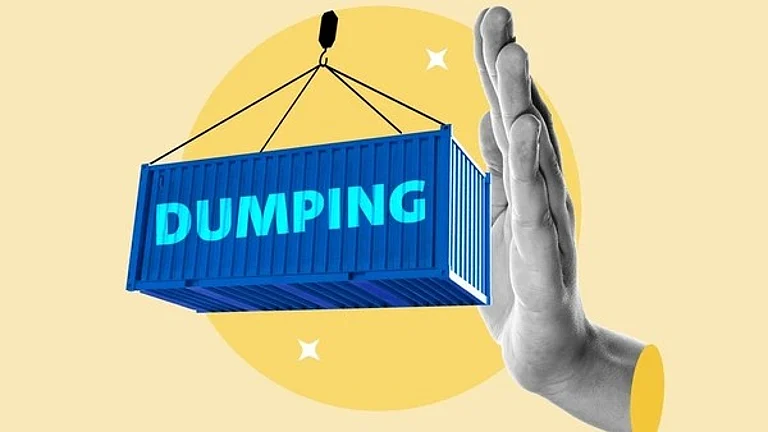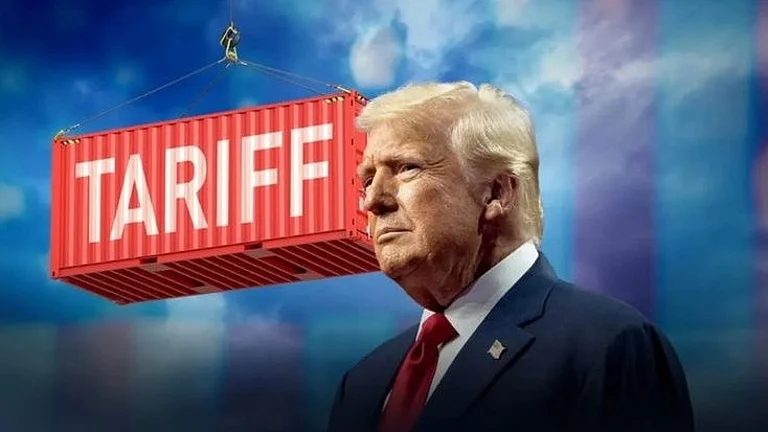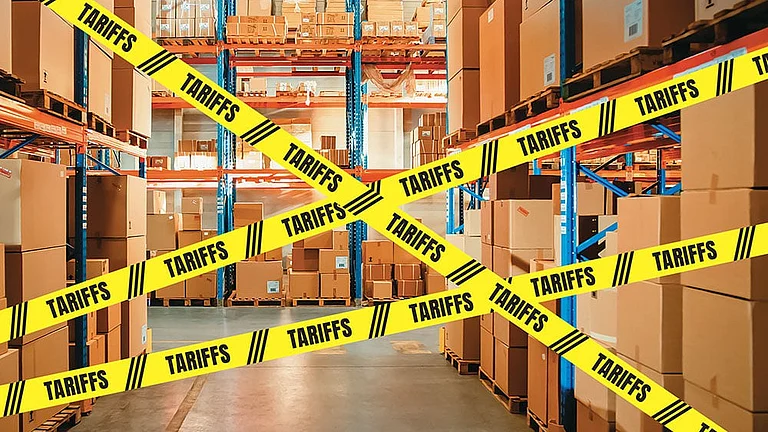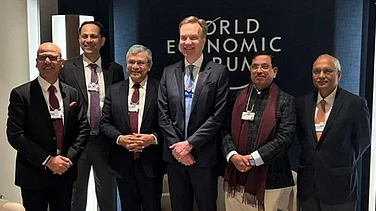A group of US solar panel manufacturers has requested the Commerce Department to impose anti-dumping and countervailing duties on imports from India over allegations that Indian manufacturers are dumping cheap goods in the United States to undermine domestic producers, according to Reuters.
The report further indicated that the group has sought similar duties in Indonesia and Laos.
The petition was filed by the Alliance for American Solar Manufacturing and Trade with an intention to protect billions of dollars of investments and compete against products primarily made by Chinese companies abroad.
The Alliance for American Solar Manufacturing and Trade, which filed the petition, includes Tempe, Arizona-based First Solar, Qcells, the solar division of Korea's Hanwha, and private companies Talon PV and Mission Solar.
The group has succeeded previously in winning tariffs on imports from countries in Southeast Asia including Malaysia, Cambodia, Vietnam and Thailand. Both countries filled the import gap as shipments from other South Asian countries fell. In May, Indonesia and Laos made up 44% of US cell and module imports, a significant increase from 1.9% in the same month last year, according to data compiled by Bloomberg. India's solar exports to the US have risen since mid-2022.
"We have always said, vigorous enforcement of our trade laws is critical to the success of this industry,” Tim Brightbill, lead attorney for the petitioners told Reuters.
The latest trade petition has started a process where the US Department of Commerce is assessing the fairness of imports to understand if they are justly priced or subsidised by a foreign government, and the US International Trade Commission decides whether those imports have harmed the domestic industry. New duties may be imposed if the allegations are proven right, reported Bloomberg.
Another report by Nikkei Asia published in April underscored that US International Trade Commission ruled that duties of up to 3,521% should be imposed on solar cell imports from Malaysia, Thailand, Vietnam and Cambodia.
Driven by the anti-Chinese business sentiment and regulations, the US is making it difficult for Chinese solar companies to conduct business in the US. To make it cost prohibitive to export, the US imposed high tariff rates on solar modules exported from China. Many Chinese companies, enjoying large global market share, began producing and assembling modules for export to the US in other countries nearby.
President Donald Trump's tax and spending bill, which was recently signed into law, aims to tighten restrictions for Chinese entities in the American energy sector.
According to Nikkei Asia, the Trump administration also launched an investigation into Chinese polysilicon under Section 232 of the Trade Expansion Act of 1962. Polysilicon is a raw material used in solar panels, and, if determined to be a national security threat, will face higher tariff barriers.
US Imposed Tariffs on China
The commerce department under the Obama administration in March 2012 too had imposed heavy tariffs of about 31% on about 60 Chinese solar panel exporters which participated in the investigation, including Wuxi Suntech and Trina Solar. Other manufacturers will face tariffs of just under 250%. The levies will be retroactive for 90 days.
The tariffs were in addition to fees ranging from 2.9% to 4.73% imposed in March 2012.
India’s Anti-Dumping Duties on China
India, like the US and other countries, has also moved to protect its domestic solar manufacturing sector from a flood of cheap imports from China, as reported by PTI in May 2025.
Furthermore, India has imposed an anti-dumping duty of up to $664 per tonne on imports of a certain type of solar glass from China and Vietnam for five years to curb Chinese overcapacity and protect local manufacturers, according to a government notification.
The duty was imposed after the Commerce Ministry's investigation arm Directorate General of Trade Remedies (DGTR) recommended for the same after conducting a detailed probe on the dumping of 'Textured Toughened (Tempered) Coated and Uncoated Glass' from China and Vietnam.
(With inputs from PTI.)

































